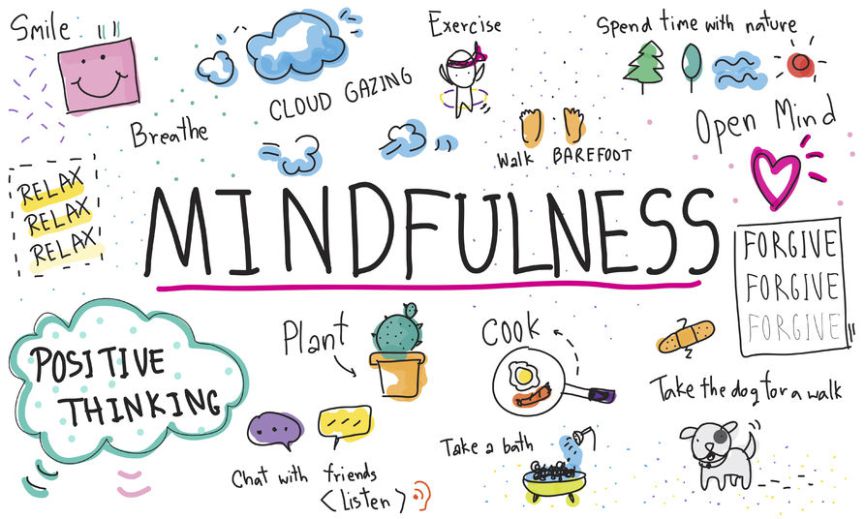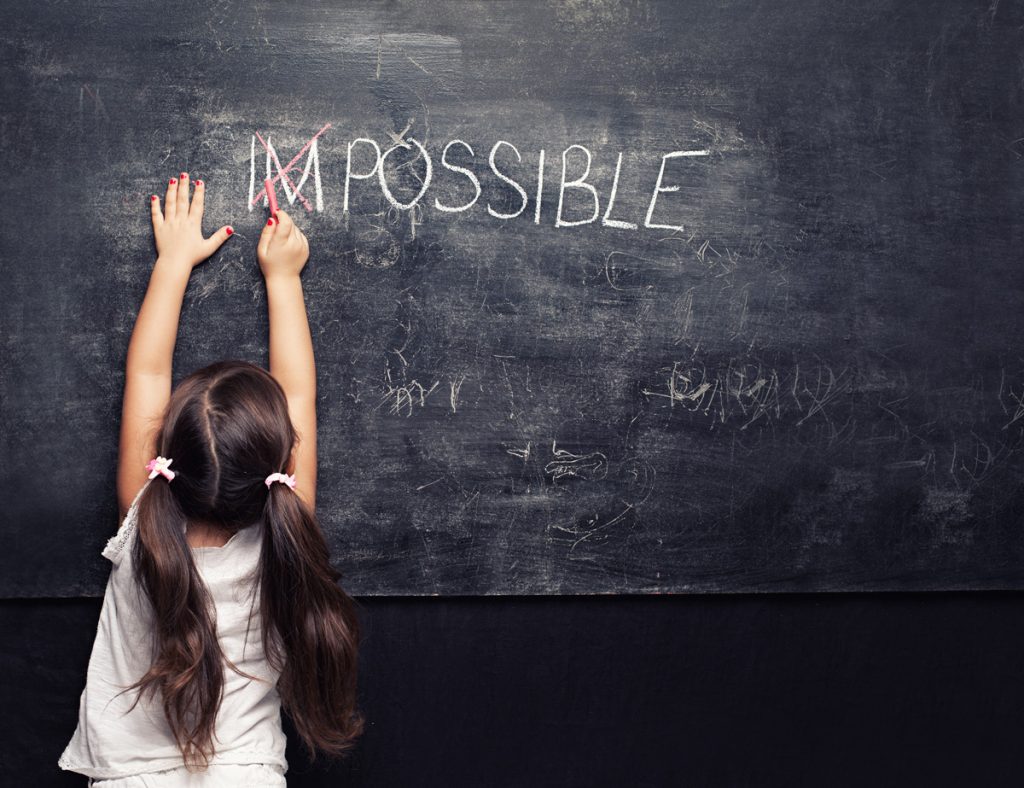
Coaching is a process which enhances acceptance, learning and development. It does this through increasing a sense of self-awareness and personal responsibility. Having the ability to recognise a challenge, provides the possibility of change. By coaching a child through something emotionally difficult, it can provide them with the independence, knowledge and skills to solve problems as they journey through life. An important part of learning is accepting mistakes along the way and finding out strategies which suit them best as individuals. Coaching works best when there is trust, active listening, goal setting, feedback is given, your child feels empowered and they can embrace the notion of continuous learning.
What is a growth mindset and why is it important?
“In a Growth Mindset, challenges are exciting rather the threatening. So rather than thinking, oh, I’m going to reveal my weaknesses, you say, wow, here is a chance to grow.” Carol Dweck
Many students can give up when they encounter failure or hardship in their schooling because they believe they are simply not good at a subject, or they feel they lack the level of intelligence necessary to master it. When children think like this they are demonstrating a ‘fixed mindset’. However, students can learn to develop a ‘growth mindset’. A growth mindset is a belief which enables children to see they are capable of overcoming challenges by improving over time – a theory developed by Carole Dweck, psychologist and Professor of Psychology at Stanford University. This positive state of mind acknowledges the rewards in perseverance and effort. It is incredibly important for children to develop a growth mindset, as doing so can help a student mentally overcome the hurdles they face. It can increase positive neural function and assist in developing necessary life skills in perseverance and learning.
“Do not judge me by my successes, judge me by how many times I fell down and got back up again.”
– Nelson Mandela
Cognitive Behaviour Therapy
Cognitive behaviour therapy (CBT) helps you to change unhelpful or unhealthy ways of thinking, feeling and behaving. It uses practical self-help strategies which are specifically designed to immediately improve your quality of life. CBT can be an effective way to treat depression and anxiety.
The Benefits of Mindfulness

Mindfulness is about focusing one’s awareness on the present moment. It is literally filling one’s mind, not emptying it. It is about accepting our thoughts, feelings, body sensations and learning self-control through focused consideration and concentration. One of the biggest misconceptions about mindfulness is that it is solely the act of meditation. This is not the case. Meditation is only one way to achieve a more mindful state. There are a number of strategies and processes we use to assist children becoming more mindful. The scientific evidence which shows the benefits of mindfulness is continually emerging and the culture of gratitude and kindness is more prominent now than ever. Some of the key benefits that are consistently shown across all areas of research on mindfulness are:
- Improved concentration
- Regulation of emotions
- Greater empathy and perspective
- Better social skills
- Reduction in emotional pain and reactions to it
- Lower rates in depression
- Greater self-awareness
- Heightened kindness and compassion
- Improved sleep and sense of calm
Positive Psychology in Children

Each day we have around 60,000 thoughts and generally people dwell on the negative ones. The upshot of this, is that it prevents us from feeling positive and learning to live a happier life. It is important we provide children with the skills to grow positive neural pathways in their brain to give them a more optimistic outlook. Developing a positive approach to life’s difficulties, and even towards everyday occurrences, provides children with an attitude more open to being resilient, embracing learning opportunities and establishing rewarding relationships. Therefore optimistic children will be more successful at school with work and friendships than those who are pessimistic. Coaching children to dwell on more positive thoughts over negative ones, will allow them to flourish, become more generous, insightful and dedicated to their actions. In turn this creates an upward spiral of feeling good and being happier.
As with all therapies and coaching, there is not a magic wand that can fix everyone’s problems. It is a process of working with a therapist to understand and address the mental health issues. Coaching can be very helpful for many people, but there is not a guarantee of a “fixed” person. It depends on the client wanting to change. This is key to a client eventually seeing a way through their difficulty. In addition to this, with the children and young people I work with, the most successful work will be achieved by us building a mutually trusting relationship. This will enable them to feel secure, in order for them to share their challenges with me.
